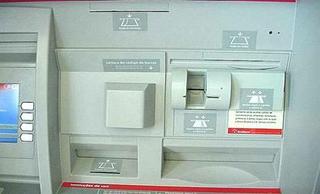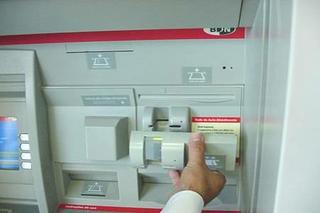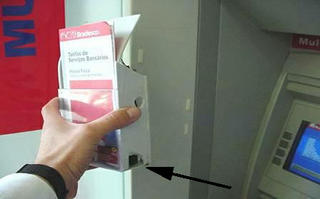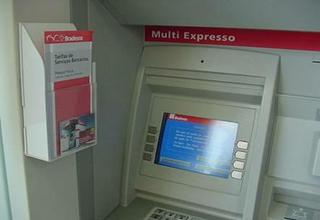
There are undoubtedly a lot of flood damaged vehicles as a result of the Katrina Disaster. I read a story from the AP that is warning consumers to be careful of buying flood damaged cars, which are cleaned up to conceal that fact that they were damaged. Furthermore, with the volume of cars being sold on auction sites, such as E-Bay and Craig's List (along with the known fraud occurring on these sites), the old saying
"BUYER BEWARE" certainly applies.
A useful tool in determining the history of any vehicle is CarFax. Please note that they charge a nominal fee for their services and you can go to their site by clicking on the title of this post.
For the complete story from the AP, please go to:
http://www.detnews.com/2005/autosinsider/0509/18/autos-317710.htm"The National Automobile Dealers Association says although there's no foolproof method to test a vehicle for flood damage, a prospective buyer should, at a minimum, perform the following inspections before committing to a purchase:
1. Check the vehicle's title history, which may say whether it has sustained flood damage.
2. Examine the interior and engine compartment for evidence of water and grit from suspected submersion.
3. Check for recently shampooed carpet.
4. Check under the floorboard carpet for water residue or stain marks from evaporated water not related to air-conditioning pan leaks.
5. Look for rust inside the car and beneath carpeting and visually inspect upholstery and door panels for evidence of fading.
6. Check under the dashboard for dried mud and residue, and note any evidence of mold or musty odors in the upholstery, carpet or trunk.
7. Check for rust on any screws in the console or other areas where water normally would not reach unless the vehicle had been submerged.
8. Check for mud or grit in alternator crevices, behind wiring harnesses and around the small recesses of starter motors, power steering pumps and relays.
9. Complete a detailed inspection of the electrical wiring system, looking for rusted components, water residue or suspicious corrosion.
10. Inspect the undercarriage of other components for evidence of rust and flaking metal that would not normally be associated with late-model vehicles."





